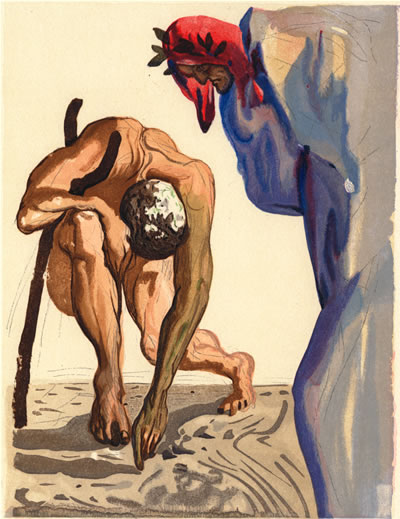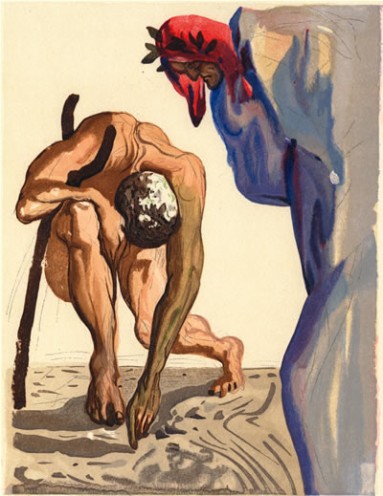Five Questions with __________ is an experiment with flash interviews. The series on poets continues with poet, essayist, anthologist, and translator Pierre Joris. Years ago, after the sudden death of a poet I admired I took a personal vow to translate his dense and difficult volume of poetry, spurring me on to find poets who had already wrestled with that beastly endeavor. Pierre had arrived to discuss his legendary translations of Paul Celan. What really grabbed my attention, though, was a tattoo on his arm carved with the Arabic word hajara (??? to emigrate or relinquish, in the sense of exile). To this day I have not seen a more striking tattoo.
Later, in the autumn of 2011, he came to the Woodberry Poetry Room for a reading. All the gates surrounding Harvard Yard were locked down per the administration's response to the Occupy Harvard tent encampment. Instructions for how to get past the locked gates were emailed. I wrote the organizers, 'Look forward to seeing Mr. Joris again after the poetry checkpoint.' They wrote back that surreal as the situation proved to be, Pierre would be able to remark on his own experiences with the Paris barricades in 1968.
In what city do you most easily shed your invisible social armor?
I first read 'invincible' in which case no shedding would be required or advisable. Now, if it is 'invisible,' then the question becomes: invisible for whom, for me or for the social entities (socialites as in social-lite-s?). I’m only half-kidding—the question puzzles me somewhat. And I don’t know if or how it relates to cities. At first I was going to write 'in Lyonnesse' the great magical imaginary city of Arthurian legend, but in truth it is the city that has always been my favorite one—maybe because it allows that shedding—and that is New York.
How do you celebrate or encounter your own birthday every year?
With growing disillusionment. Only kidding. I always loved being in Paris on that day, as the whole town throws a huge party, has planes flying over, huge fireworks, parades, dancing in the streets, etc. Telling barmen and the assembled customers that it’s wonderful that their country throws such a marvelous party for my birthday every 14 July usually gets me more free drinks than I want or need. And having a birthday that rhymes with the day of liberation of a nasty prison, the Bastille, that held among others one great writer—the Marquis de Sade—can only induce a pleasant phantasmic sense of revolutionary inevitability. Now that I don’t drink anymore, I think I’ll just sweat it out in New York.
What do you make of the fact that in many linguistic traditions—including Arabic (crazy, majnoon ?????)—madness or mania is inflected with a history of the beloved?
Neat trope, nasty reality.
How important is courage or bravery?
No idea, really—it’s not the kind of question I’d ask myself. But come to think of it, as two naked nouns they can 'be' anything: important, unimportant, lethal, life-saving, dumb, dumber, or, like my son likes to say, 'whatever.' And that’s the problem with being, with the verb to be, as an equal sign. This 'is' that. Courage is whatever. I’m more interested in becoming, and maybe the concept of becoming courageous would be more useful, given that it would have to be set in a process and that process would have a context, & that event in situ could lead to an ethical judgment as to the importance of lack thereof of courage?
If Dante gave you a residency in Cocytus, the most brutal circle of hell, but allowed you a single work companion, which living or dead poet would you choose to take with you?
Dante himself, of course—he knows the lay of the land like no one else given that he made it up in the first place, plus he’d be the perfect guide to all the denizens on whom he seems to have all the dope. It may be the most brutal circle, but I have a sense that the center is quiet for a visitor: Satan’s smack in the middle and caught in ice up to his waist, so he can’t chase you & his three mouths are busy chewing on bad guys anyway. However, the funnest part of the residency will no doubt be the exit: using Satan’s back as a body slide through the center of the earth & onward to Purgatory, i.e. back home to earth.

